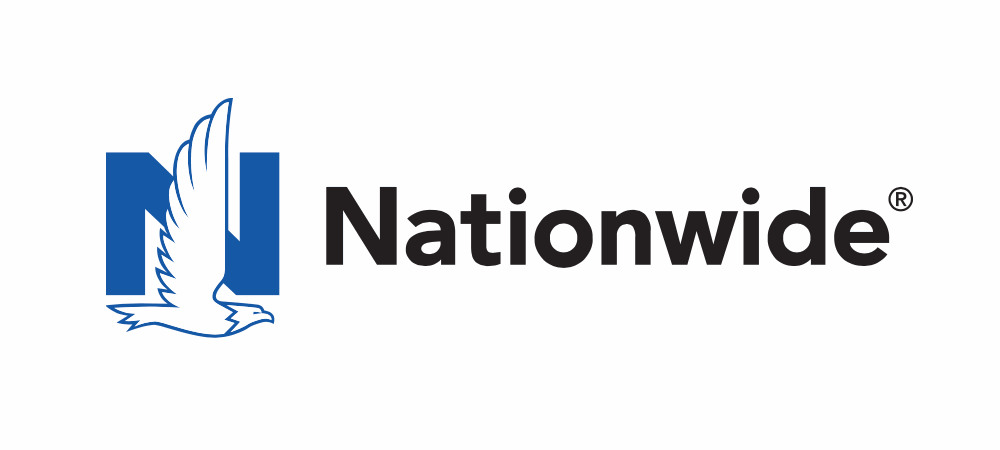LendingClub CD rates are hard to ignore right now, especially when compared with the rock-bottom rates from last year. For those savers who can lock cash into a certificate of deposit, LendingClub could offer you competitive APYs on CDs with terms ranging from six to 60 months. Below we'll break down LendingClub CDs -- including some drawbacks you should be aware of -- to help you decide if these eye-watering interest rates are worth your investment.
LendingClub CD rates for 2024
APY = Annual Percentage Yield

LendingClub CDs don't skimp on interest, offering competitive APYs for all six of their CD terms, from six months to five years. They're also FDIC insured. One downside is that you'll need to commit at least $2,500 to open an account.
| 6 Mo. APY | 1 Yr. APY | 1.5 Yr. APY | 2 Yr. APY | 3 Yr. APY | 5 Yr. APY |
|---|---|---|---|---|---|
| 5.00% | 5.15% | 5.00% | 4.50% | 4.30% | 4.00% |
Compare LendingClub CD rates
LendingClub CD rates are unbelievably good right now, and we rank them higher than most on our list of the best CD rates. Take a look for yourself at how LendingClub CDs compare with other banks and CD providers.
| Bank & CD Offer | APY | Term | Min. Deposit | Next Steps |
|---|---|---|---|---|
|
Member FDIC.
| APY: 5.10% | Term: 10 Months | Min. Deposit: $0 | |
|
Member FDIC.
| APY: 4.70% | Term: 1 Year | Min. Deposit: $2,500 | |
| APY: 5.05% | Term: 1 Year | Min. Deposit: $1 | ||
| APY: 5.15% | Term: 9 Months | Min. Deposit: $1 | ||
|
Member FDIC.
| APY: 4.75% | Term: 1 Year | Min. Deposit: $500 |
Details of LendingClub CDs
LendingClub CDs are a great fit if you have cash savings you won't need for the near term and can meet the minimum opening deposit ($2,500). With that in mind, here's how its basic CD works.
Pros and Cons of LendingClub Basic CDs
PROS
- Competitive CD rates
- Numerous CD terms (6 months, 1 year, 18 months, 2 year, 3 year, 5 year)
- No monthly fees
CONS
- High opening deposit requirement ($2,500)
LendingClub Basic CD Review
LendingClub CDs don't skimp on interest, offering competitive APYs for all six of its CD terms. The variety of terms gives you options on how long you want to lock your money away, from six months to five years. LendingClub CDs are FDIC insured. One downside is that you'll need to commit at least $2,500 to open an account. If you can't make that initial deposit -- or have it but need it for the near future -- you might want to look at CDs from banks that don't require a minimum.
Who is a LendingClub CD right for?
If you want to earn high interest on an FDIC-insured bank product, then you'd be a prime candidate for a LendingClub CD. That said, since these CDs require a high minimum deposit, you should be prepared to lock away at least $2,500 for a minimum of six months.
Bottom line: LendingClub CD rates
- 6 APY: 5.00%
- 12 APY: 5.15%
- 18 APY: 5.00%
- 24 APY: 4.50%
- 36 APY: 4.30%
- 60 APY: 4.00%
APY = Annual Percentage Yield
Keep reading about LendingClub
- LendingClub High-Yield Savings Review
- LendingClub Rewards Checking Review
- LendingClub Personal Loans Review
Our CDs methodology
At The Motley Fool Ascent, certificates of deposit (CDs) are rated on a scale of one to five stars, primarily focusing on annual percentage yield (APY) and early withdrawal penalty fees. Our highest-rated CDs generally include competitive APYs without complex qualification tiers, low withdrawal fees, reliable brand trust and reputation, and ease of use.
Learn more about how The Motley Fool Ascent rates bank accounts.
FAQs
-
You should get a LendingClub CD if you want a competitive APY and a decent selection of terms.
-
A LendingClub CD is worth it if you can keep your money locked away for the length of your term, since breaking your contract could mean forfeiting interest. The $2,500 minimum deposit is admittedly high, but for the competitive APY it might be worth it for savings you don't need in the near term.
Our Banking Experts
We're firm believers in the Golden Rule, which is why editorial opinions are ours alone and have not been previously reviewed, approved, or endorsed by included advertisers. The Ascent, a Motley Fool service, does not cover all offers on the market. The Ascent has a dedicated team of editors and analysts focused on personal finance, and they follow the same set of publishing standards and editorial integrity while maintaining professional separation from the analysts and editors on other Motley Fool brands.



